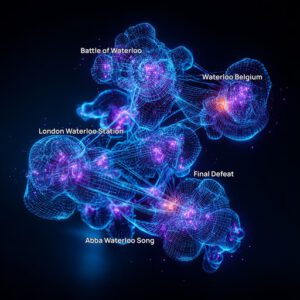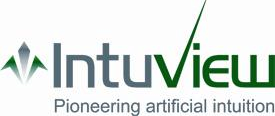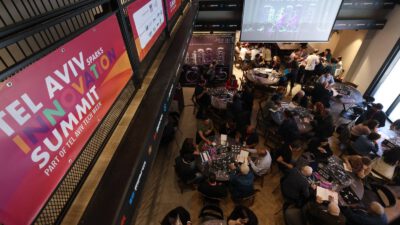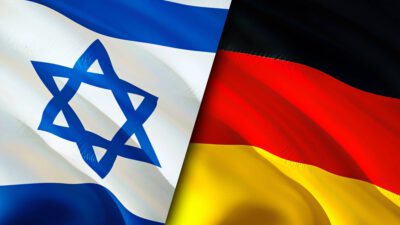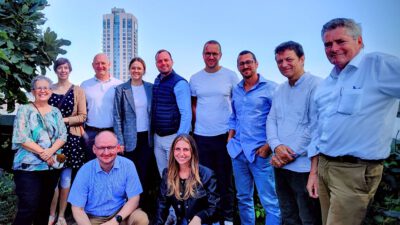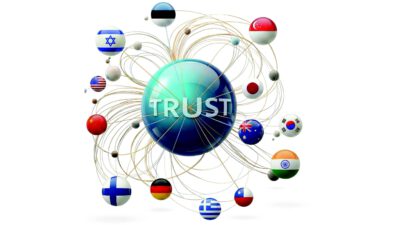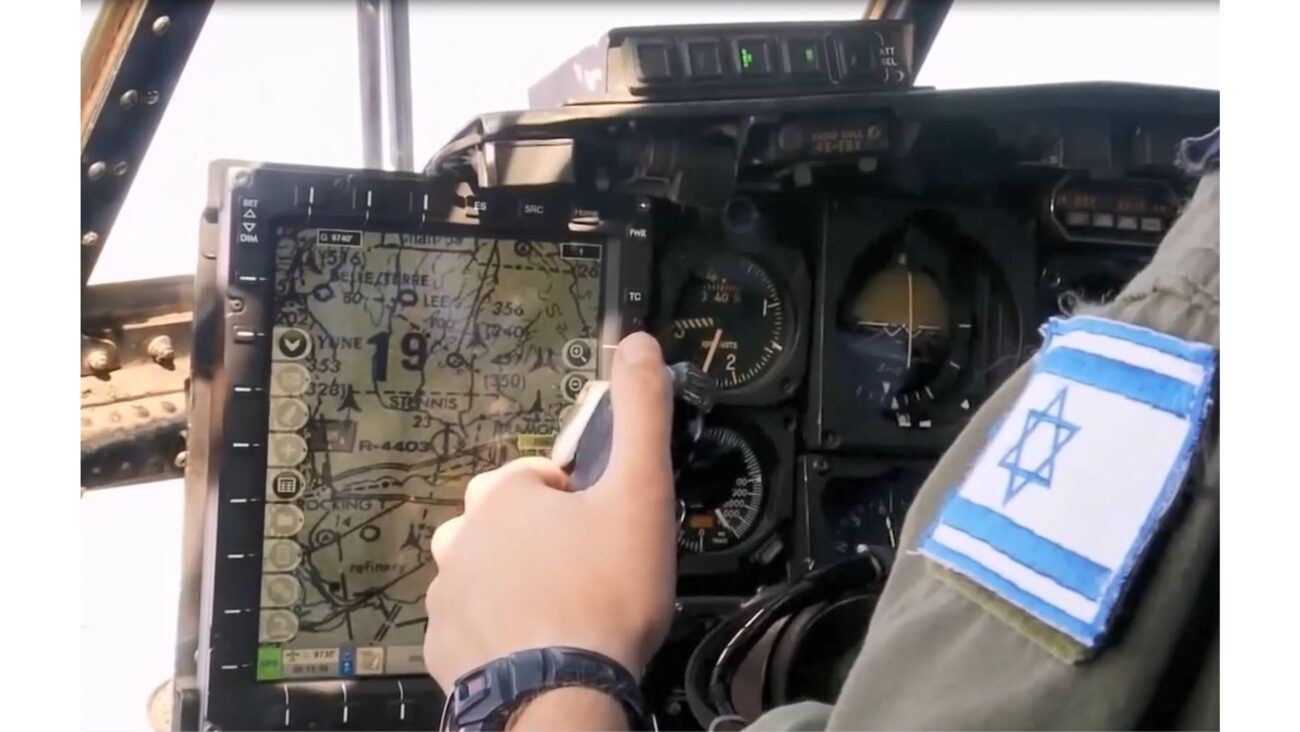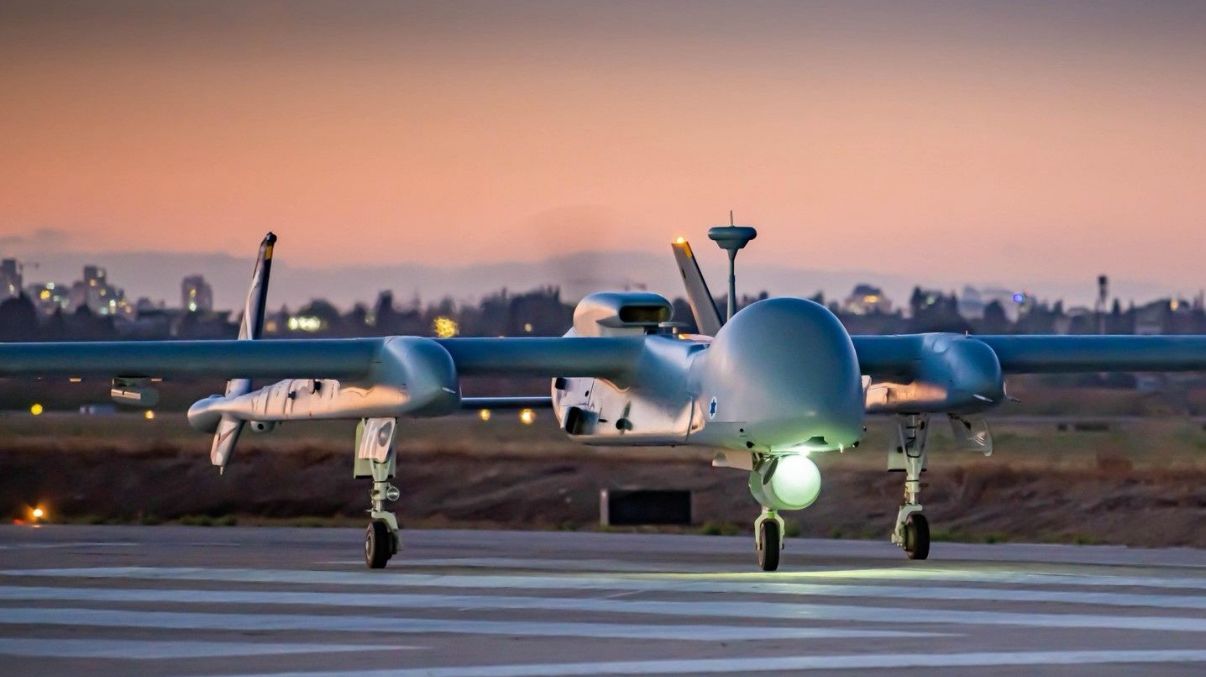Intuview – Artificial Intuition for Security and Commercial Needs

Founded in 2005, IntuView is an Israeli technology company which specializes in extracting of meaning from texts, using patented algorithms based on bespoke Natural Language Understanding and Artificial Intuition algorithms.
IntuView’s revolutionary platform, IntuScan, offers a multi-purpose system for knowledge management, information extraction, and surfacing hidden insight from extant data. It was designed to emulate as closely as possible the intuition and analytical processes of subject matter experts through a combination of deep linguistic processing, cultural understanding, and domain-specific knowledge. More than a platform, IntuScan is a comprehensive solution that incorporates an expert knowledgebase and culture and domain-specific algorithms that enable in-depth understanding of information that is implicit in the document.
IntuView is used by military, law enforcement, and intelligence units in the US, Europe, and the Middle East to extract relevant information from textual data of all sources. IntuView has been involved in several EU Horizons projects, past and present, for facilitating information exchange across languages and dataspaces.
IntuView in Action
IntuView’s unmatched capabilities have already been applied in various scenarios and landscapes:
- Content Forensics of captured digital material to identify references to elements of the user’s intelligence requirements
- Name Matching – Identifying persons on watchlists regardless of naming variations, different naming conventions, or language differences
- Multilingual information analysis and integration – from SIGINT, OSINT (including social media), and HUMINT reports
- Disinformation detection – identifying fake news and psychological warfare messages
- Legal E-Discovery
- Financial Compliance checks through name matching
- Health Industry
- Political Research Surveys
Hard-Hitting Multilingual Technology
IntuScan supports and analyzes texts in 21 languages English, French, Spanish, Portuguese, Italian, Greek, Romanian, Arabic, Hebrew, Farsi, Urdu, Hindi, Russian, Ukrainian, Czech, Slovenian, German, Dutch, Indonesian, Malay, and Chinese.
The system supports texts with different language registers within the same language, code-switching (multiple languages in one text, which is very common in social media) and “hybrid languages” (mixtures of the native language of an immigrant community with the language of the host country).
The key functionalities of IntuScan include Entity Recognition and Matching (including “idea entities”), Relationship Analysis, Sentiment and Semantic Analysis, and information-driven focus on “unknown unknowns.”
IntuScan can be integrated as OEM into other platforms. It enables the user to consolidate multiple data feeds, including the user’s internal data, and match elements across different data sources. IntuView’s ontology outputs also include geo-located data on high-resolution mapping.
Photo: Courtesy of Intuview
Core Technology: “Meaning Mining”
One key dilemma in knowledge management is not a lack of information, but the lack of attention to it. Confirmation bias (the Streetlight Effect) draws us to look for our lost keys under the streetlight. In other words, we task our sources to look for things that correspond to what we think we need, and our sources retrieve such information while ignoring other data that lies outside of the streetlight perimeter. IntuView integrates ‘push’ and ‘pull’ tactics, simultaneously responding to user queries and proactively revealing information structure and content, which may differ from the user’s expectations.
At the heart of the IntuScan platform is a proprietary ontology-based “meaning mining” engine that surpasses mere data mining. This technology maps human languages to the ontology so that words that share meaning in different languages are mapped to the same ontological instance, allowing the user to discover information across languages. Hence, the ontologization** of information allows IntuView to merge information from different languages and language registers into one comprehensive picture. This engine ontologizes text by converting unstructured information into structured semantic data, enabling the platform to understand both explicit content and implicit meaning, context, and sentiment across multiple languages and cultural frameworks. The result reflects the hermeneutics of the text, “reading between the lines” instead of relying on face value alone.
Islamic Text Analysis: IntuScan categorizes natural language Islamic texts across various domains, including theology, jurisprudence, and modern political discourse. Its deep understanding of Islamic concepts generates rich, detailed insights, automatically identifying both direct quotations and subtle allusions to religious and academic literature.
Real-time Performance and Scalability: IntuScan excels at real-time analysis, capable of processing huge volumes of data and scaling seamlessly to meet any required throughput. Updates to the core knowledge base are reflected in the analysis within minutes, requiring no manual intervention or system downtime.
Customizable Knowledge Base: IntuScan is powered by a vast knowledge base, curated over two decades by a dedicated team of research analysts. This repository can be customized and augmented to meet the unique requirements of any project. This powerful knowledge base enables a deeper contextual understanding, enriches analyses with up-to-date information, and uncovers insights not apparent at first glance.
**An ontology is a computer-readable conceptualization of a domain, which is defined through a language-agnostic hierarchy of concepts, sub-concepts and concrete instances of those concepts that have attributes and relationships between them.
Sentiment and Sociolinguistic Analysis
In addition to extracting positive and negative sentiment, IntuScan Sentiment Analysis also extracts the attribute of the entity towards which the sentiment is expressed, the mood referencing the sentiment, and the general emotion of the text. The analysis is not limited to positive, negative. or neutral classifications, but extracts the specific nuance of sentiment towards each entity and creates an “aggregated sentiment” towards an entity, including sentiment that is alluded to, using social-cultural knowledge. This goes beyond “pro” and “anti” and enables the user to drill down to precise segments of the expressers of opinions and the specific attributes of the object towards which their sentiment is directed.
Relationship and Network Analysis
IntuScan extracts concrete relationships (not merely co-references or proximity relationships) that are explicitly or implicitly expressed in the text or implicit in the names. These may be relations between persons (family, co-workers, friendship, communication etc.) between organizations and people, events or action-related relations (Y works for X or X is CEO of A and Y is employed by A, hence Y works for X, X is Y’s brother, Y killed Y, etc.). This enables the user to drill down to find all the individuals who have a specific relationship with the object.
Name Matcher and Name Analyzer Module
IntuView’s Name Matcher detects and normalizes person names, even with different spellings or transliterations. It supports Latin (with variants), Arabic (Farsi, Urdu, Pashto), Hindi (Devanagari), Hebrew, and Cyrillic scripts. The Name Matcher converts non-native script inputs back to their original language forms and then generates all the potential alternatives of the input name. Then it outputs the breakdown of the name and matches it to other names in lists that may have been received in different transliterations or even in different scripts.
The Name Matcher is relevant for a variety of use cases, including border control, visa applications, financial compliance, watchlist vetting, and security screening. This module is fully integrated within IntuScan but also offered as a standalone solution.
Facilitating Communication between Data Spaces
IntuView is also involved in an innovative project funded by EU Horizons – DS2. The project has as its goal to create a capability for seamless interaction between data spaces in the EU. By ontologization of the data, IntuView enables language-independent semantic search so that a search in one language will return relevant information that is extant in another language.
DS2 will use the ontological digest of the texts to extract “between the lines” implicit information, specific relations (not merely co-references), etc., as well as identifying the level of ambiguity in the output to determine if and when further human intervention is necessary.
Any query by someone in the network in any supported language will be “ontologized” in order to match it to the data in the system where the ontological representation will serve as a sort of “Esperanto” or “Lingua Franca” for communication.
This output will be extended via machine learning models of the topic/domain/language register of the source text to support mapping of all the information in the data spaces to ontological values
The Output: an ontology and an independent software module for multi-cultural and multi-lingual data searches, which can also be used in conjunction with other human centric modules.
For more information:
This content might interest you as well
More Categories
Related Posts
For more than fifty years, Astronautics (Israel) has developed and produced avionics systems such as advanced cockpit displays (glass cockpit),
How is artificial intelligence changing the way militaries and security organizations analyze intelligence? Artificial intelligence enables the processing of enormous
Israel’s defense-tech revolution is not happening in a vacuum. At the heart of it stands MAFAT (the Israel Ministry of
By: Anat Messing David Ben-Gurion viewed the defense industry as one of the means to close the numerical gap between

